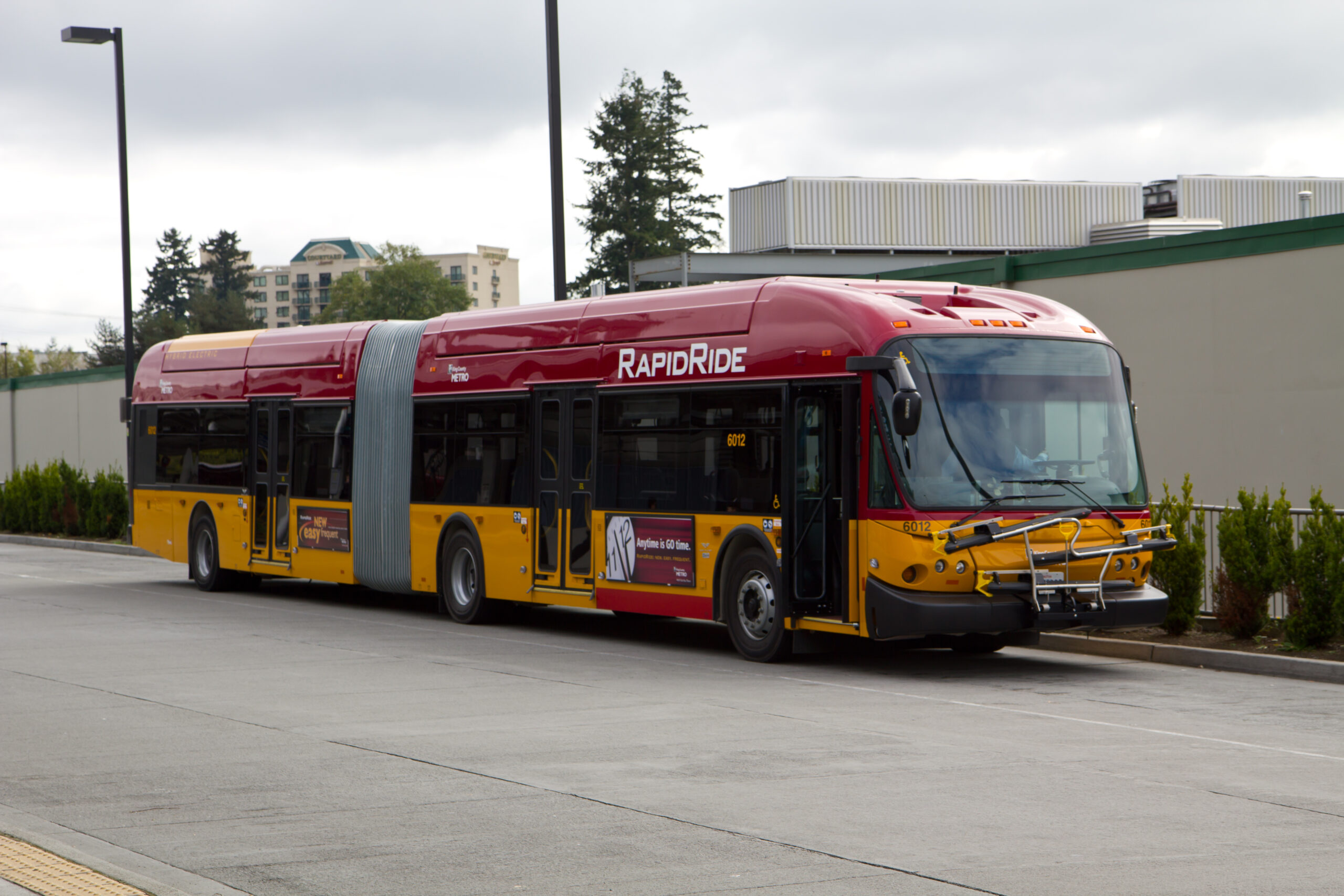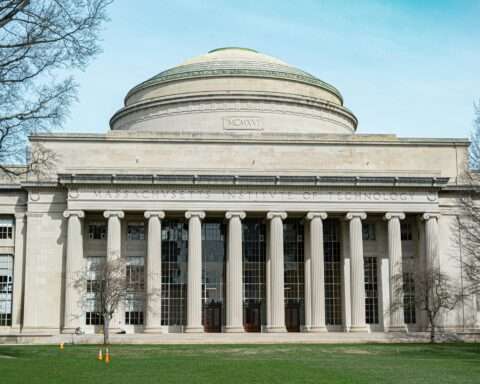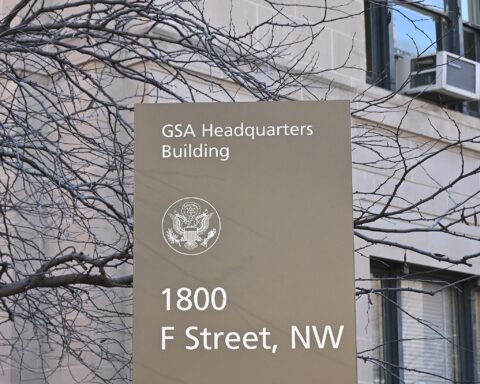The U.S. Department of Transportation (DOT) has awarded a $79.7 million grant to kickstart development on a new enhanced bus line in Washington’s King County.
The DOT’s Federal Transit Administration (FTA) will deliver the grant for King County Metro (Metro) to expand and renovate the RapidRide I Line along Metro Route 160. The federal grant, administered through the FTA’s Capital Investment Grants Program (CIG), seeks to transform South King County’s transportation systems, making it easier for riders to board, pay and access transit services.
RELATED: Washington cities to reconnect neighborhoods in two cities with bus line stations
The CIG initiative is a federal discretionary grant program that provides funding for transit-oriented capital investments, such as heavy rail, commuter rail, light rail, streetcars and bus rapid transit services. King County’s federal funding, a Small Starts Project grant, will support the RapidRide I Line’s expansion and further federal commitments to reward transit projects that are already under way.
In the works since 2019, the estimated $174 million project will expand RapidRide’s service from Renton to Kent and Auburn. The CIG grant will build upon $27 million committed from the State of Washington and an additional $19 million in federal funding from the Puget Sound Regional Council.
The proposed 17-mile extension will offer expedited service outside of Seattle’s city limits, making it the second RapidRide line to do so since the F Line in 2014.
The new I Line will feature a variety of upgrades related to rapid transit service, such as dedicated bus lanes, off-board payment and enhanced bus shelters and stations.
While the project will not be a full reconstruction of Route 160, the project will include several specific spot improvements to maintain current street alignments and expedite construction work, such as transit signal priority and designated access zones that are designed to safely and efficiently load and unload passengers.
Other proposed upgrades to the line include a variety of pedestrian safety developments, enhanced signage presenting real-time updates to passengers and additional accessibility improvements that make travelling with Metro easier.
The new I line will not only enhance transportation options in South King County but also improve transit access to many unserved and underserved communities through the county’s full RapidRide Program.
Beyond the I line, Metro is pursuing several other RapidRide expansion initiatives to mobility in the region, such as the under-construction J line from downtown Seattle to the University District, the planned K line from Bellevue to Kirkland and the planned R line through Rainier Valley.
“RapidRide is a critical part of the future of high-capacity transit in this region, and it keeps getting better with every route we add to the network,” King County Executive Dow Constantine said. “The new Rapid Ride I Line will deliver fast, reliable service, connecting our South King County residents to key destinations with more flexibility, comfort and convenience.”
Photo courtesy Tim, CC BY-SA 2.0 https://creativecommons.org/licenses/by-sa/2.0, via Wikimedia Commons













